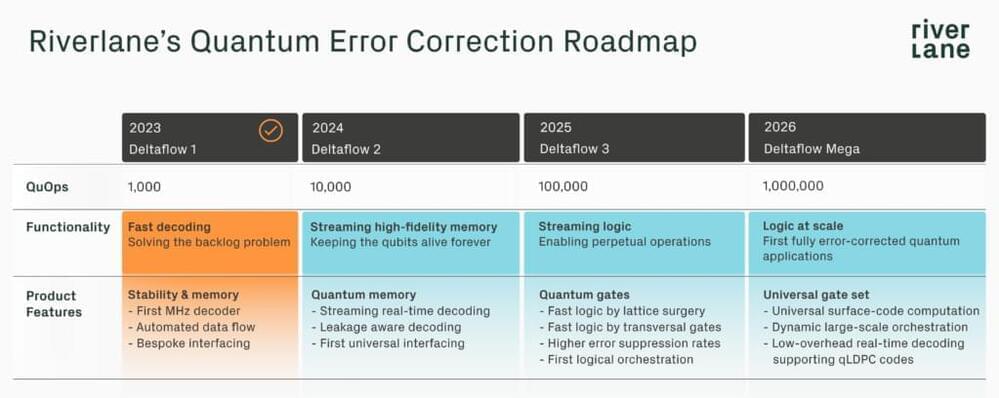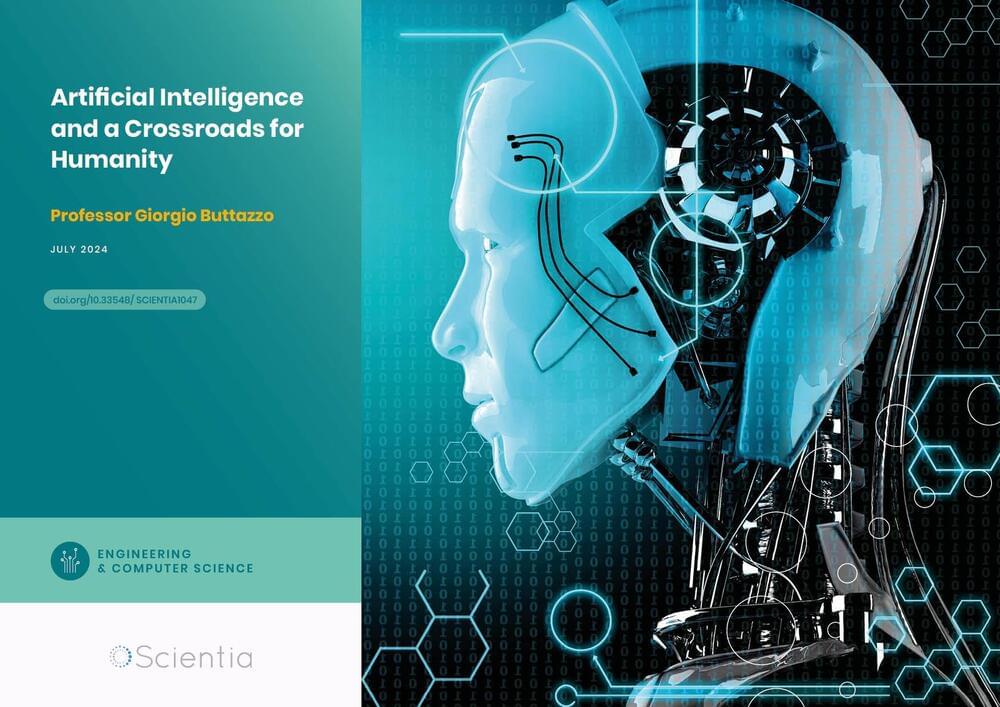Aug 7, 2024
3 Jobs that AI Cannot Replace | Dr. Michio Kaku
Posted by Dan Breeden in categories: cosmology, education, employment, physics, robotics/AI, space travel
While AI has the potential to automate many tasks, there are certain jobs that require human skills and abilities that AI cannot replicate. These include jobs that require creativity, empathy, critical thinking, and human interaction. According to the World Economic Forum, AI is unlikely to be able to replace jobs requiring human skills such as judgement, creativity, physical dexterity and emotional intelligence. Some examples of jobs that AI cannot replace include psychologists, caregivers, most engineers, human resource managers, marketing strategists, and lawyers. In this video, Dr. Michio Kaku mentioned three specific types of jobs that AI cannot replace: blue-collar jobs that are not repetitive, emotional jobs, and jobs requiring imagination. These types of jobs require human skills and abilities that are difficult for AI to replicate. For example, blue-collar jobs that are not repetitive often require physical dexterity and mobility. Emotional jobs require empathy and the ability to connect with others on a personal level. Jobs requiring imagination involve creativity and innovation. In conclusion, while AI has the potential to automate many tasks and change the job landscape, there are certain jobs that require human skills and abilities that AI cannot replicate. These include blue-collar jobs that are not repetitive, emotional jobs, and jobs requiring imagination. It is important for individuals to develop these skills in order to thrive in the future job market. Fair Use Disclaimer : Copyright disclaimer under section 107 of the Copyright Act 1976, allowance is made for “fair use” for purposes such as criticism, commenting, news reporting, teaching, scholarship and research. Fair use is a use permitted by copyright statute that might otherwise be infringing. Non-profit, educational or personal use tips the balance in favor of fair use. Disclaimer: The video and audio content used in this video is for educational purposes only and does not belong to me. I have given credit to the respective owners and creators of the content. This video is intended to provide information and knowledge to its viewers, and no copyright infringement is intended. I have made every effort to ensure that the content used in this video is properly credited and used in accordance with fair use guidelines. If you are the owner of any content used in this video and have any concerns, please contact me. Legal Disclaimer : The video clips incorporated into this project are the sole property of their respective owners and creators. I do not claim ownership or rights to any of the content used. All credit is attributed to the original sources. No copyright infringement is intended. Clips Provided by Cuckoo for Kaku Watch : https://youtu.be/JANGUKLJkPQ #shorts #shortsfeed #shortvideos #shortvideo #shortsvideo #shortsyoutube #shortsviral #viralshortsvideo #viralshorts #viral #viralvideo #viralvideos #space #spaceflightsimulator #deepspace #spaceship #spacelovers #spacesuit #spaceexploration #spacecraft #telescope #spacex #spacestation #universe #cosmos #nasa #viral #viralvideo #viralvideos #science #technology #physics #astronomy #astrophysics #astrophotography #cosmology #cosmos #jwst #jameswebbspacetelescope #jameswebb #hubble #hubbletelescope #video #videos #interstellar















